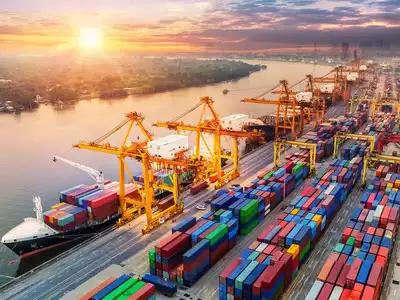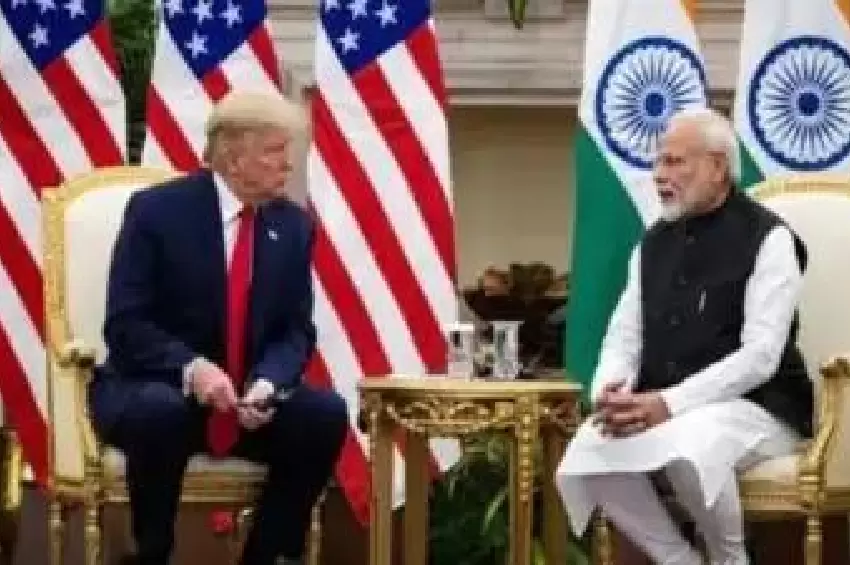Global Trade at a Crossroads
In 2025, international trade is expected to face significant transformations due to geopolitical tensions, potential US-led trade wars under Donald Trump, China's industrial overcapacity, increasing sustainability demands, and rapid advancements in artificial intelligence (AI). Experts suggest that Indian exporters and importers need to work closely with the government to effectively navigate these challenges.

The Role of AI in Future Trade
Deep Kapuria, a trade expert and Chairman of Hi-Tech Gears, emphasizes the importance of AI in revolutionizing trade logistics, supply chain management, and traditional trade patterns. He believes that AI will not only boost services trade but also create new categories of tradable AI-powered goods, such as autonomous vehicles and robotics.
Sustainability and Trade Policies
Kapuria also highlights the need for businesses, especially in developing countries, to meet environmental and social sustainability standards. He mentions that complying with sustainability indicators is crucial for companies to integrate into global value chains, especially with new laws like the EU Corporate Sustainability Due Diligence Directive making it mandatory to ensure supply chain sustainability.
Opportunities for Indian Exporters
SK Saraf, founder chairman of Technocraft Industries, urges Indian industries to invest in new technologies to enhance competitiveness. He points out the potential opportunities for Indian exporters in the US market, particularly if higher tariffs are imposed on Chinese goods under Trump’s administration.
Navigating Global Challenges
Kapuria warns of the potential disruptions to global supply chains, trade, and foreign direct investment due to retaliatory measures from Washington. He also notes the impact of recent global shocks, including the Covid-19 pandemic, the Russia-Ukraine war, and tensions in the Middle East, on nations reevaluating their trade relationships and seeking partnerships aligned with their economic and security priorities.
Conclusion
With geopolitical shifts and an increased focus on sustainability, countries must align their trade policies with global environmental goals to remain competitive. Large economies like the EU are leveraging trade agreements to push sustainability agendas in partner countries. Meanwhile, the Federation of Indian Export Organisations (FIEO) president Ashwani Kumar calls for establishing certified agencies to measure carbon emissions in domestic manufacturing practices to meet EU measures that could pose significant challenges for Indian exporters.









Comments